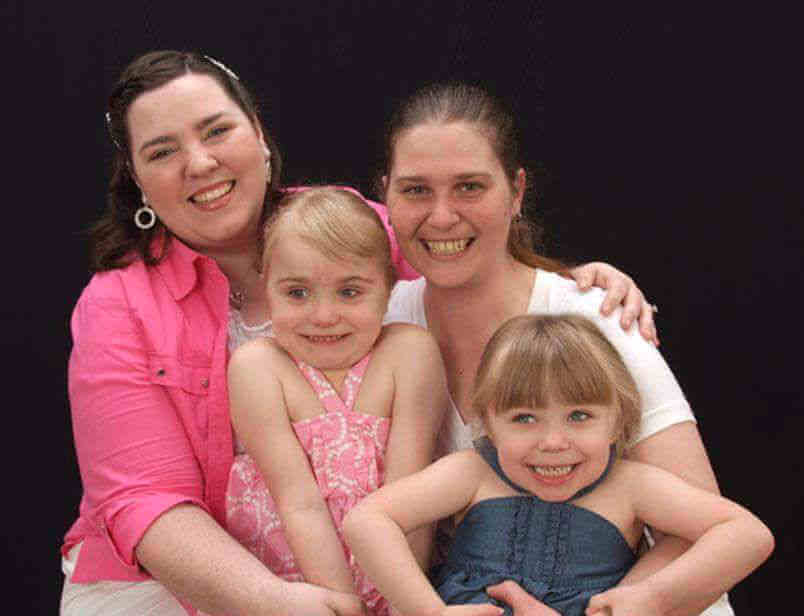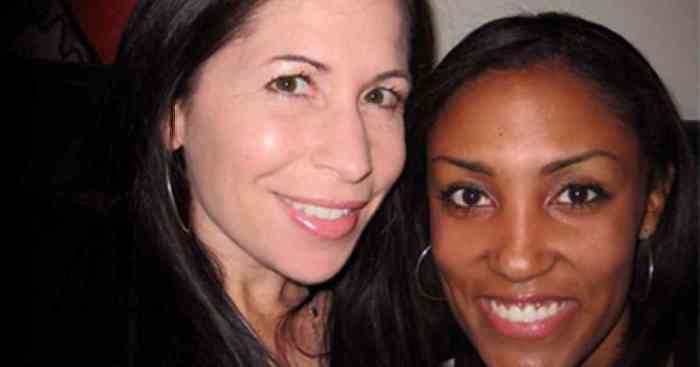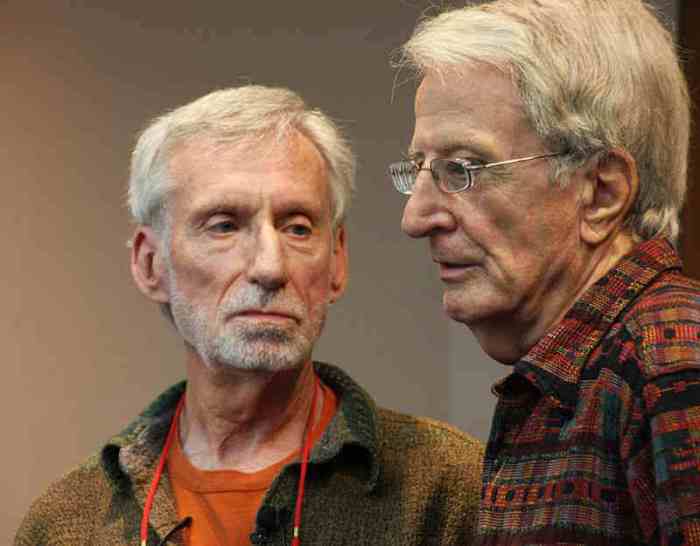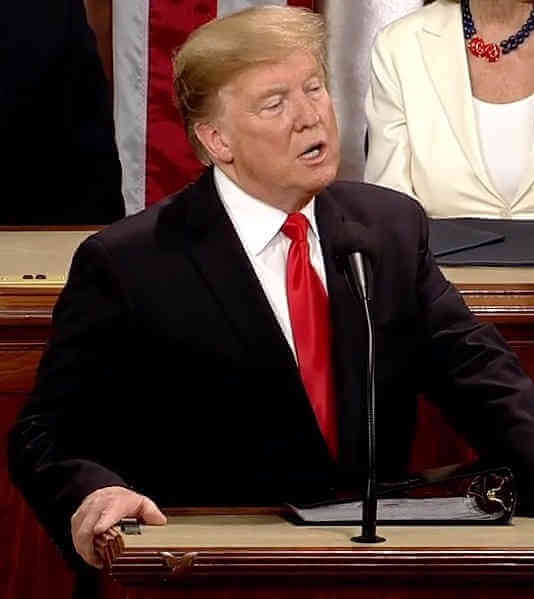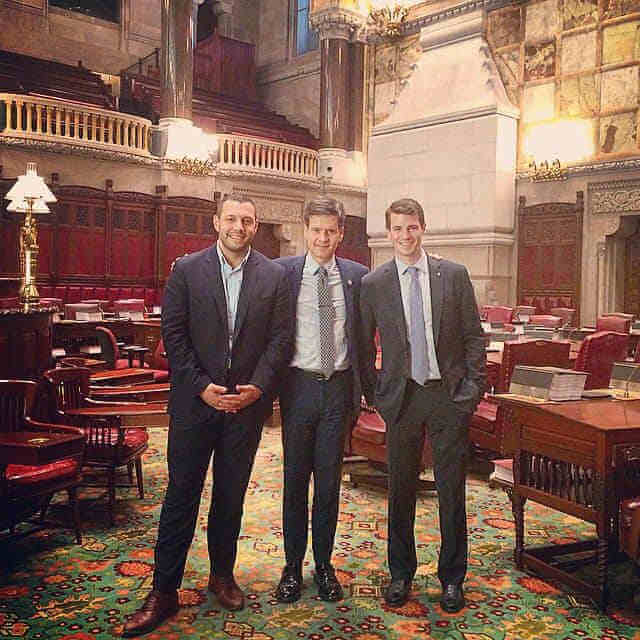Melissa and Aaron Klein, owners of Sweet Cakes by Melissa, a now-defunct custom bakery in Gresham, Oregon, have filed a petition asking the US Supreme Court to strike down the $135,000 penalty imposed by Oregon authorities for their refusal to make a wedding cake for Rachel and Laurel Bowman-Cryer in January 2013.
In their October 19 filing, the Kleins claim the Oregon ruling violates their constitutional rights of free exercise of religion and freedom of speech.
They also claim they did not discriminate against the lesbian couple because of their sexual orientation, contrary to the findings of a state commission that was affirmed by the state appeals court.
Perhaps most consequentially, they are asking the Supreme Court to consider overruling Employment Division v. Smith, a 1990 high court ruling that found that the First Amendment’s Free Exercise Clause does not exempt people with religious objections from complying with state laws of general application not specifically targeting religious practices.
If the Kleins’ petition for review were accepted, the Supreme Court would be revisiting an issue it sidestepped in its June Masterpiece Cakeshop v. Colorado Civil Rights Commission ruling. In Masterpiece, baker Jack Phillips refused, initially on religious grounds, to make a wedding cake for a gay male couple, and Colorado officials found he had violated the state’s anti-discrimination law, rejecting his First Amendment defense.
In his appeal of the Colorado Court of Appeals’ ruling affirming the Commission, Phillips asserted protection under both the First Amendment’s Free Exercise and its Free Speech Clauses, claiming the government cannot compel a “cake artist” to express a message contrary to his religious beliefs, on free speech as well as freedom of religion grounds.
The court did not decide those questions, instead concluding that comments from some of the Civil Rights Commission’s members — along with its rejection of discrimination claims filed by a provocateur who charged bakers with discriminating against him by refusing to make explicitly anti-gay cakes — showed the state did not provide Phillips with an appropriately “neutral forum.” The case against Phillips was dismissed.
In his opinion for the court, however, Justice Anthony Kennedy, who has since retired, reaffirmed that people and businesses do not enjoy a general right to refuse, on free exercise grounds, to comply with state laws of general application not specifically targeting religion. Kennedy’s opinion did not address Phillips’ “cake artist” free speech claim.
Kennedy cited a 1968 ruling, in Newman v. Piggie Park Enterprises, Inc., where the owner of a chain of BBQ restaurants cited his religious beliefs as grounds for denying service to black customers in defiance of the 1964 Civil Rights Act. There, the Supreme Court affirmed the Richmond-based Fourth Circuit Court of Appeals, which reversed a district court’s refusal to enjoin the restaurant’s discriminatory policy.
Kennedy did not mention the 1990 Smith precedent, which involved a Native American man who used peyote in a religious ritual and later flunked his employer’s drug test, was fired and then denied unemployment benefits. The Supreme Court found that the incidental burden imposed on his free exercise of religion did not excuse the man from complying with his employer’s drug use policy and being subject to the state’s unemployment insurance law.
In a concurring opinion in Masterpiece Cakeshop, however, Justice Neil Gorsuch, joined by Clarence Thomas, described the Smith ruling as “controversial,” implying it deserved reconsideration.
The Kleins followed up on Gorsuch’s signal by asking that the court either reconsider Smith or, alternatively, reaffirm specific comments in Justice Antonin Scalia’s majority opinion, where he suggested that when somebody raises a free exercise of religion claim in a case that also implicates “other fundamental rights,” such as freedom of speech, the court should apply “strict scrutiny” to the state action under challenge so that the other fundamental right could be vindicated.
The Oregon Court of Appeals had explicitly rejected this “hybrid rights” approach, but the Kleins pointed out that lower courts are divided on whether to take up Scalia’s suggestion.
The Kleins are also arguing they did not discriminate against the Bowman-Cryers because of their sexual orientation; they would refuse to make a same-sex wedding cake regardless of the sexual orientation of the would-be customer. They noted they had, several years before, made a wedding cake that the couple ordered to celebrate Rachel’s mother’s marriage to a man. And they pointed out that the couple quickly found another baker to make their wedding cake — and that a celebrity chef gave them a second custom-designed cake for free.
On the other hand, Oregon officials, in assessing substantial damages for emotional distress to the Bowman-Cryers, weighed reports that the Kleins had posted about the discrimination claim on their Facebook page, showing an image of the actual discrimination charge with contact information for the lesbian couple, who subsequently received nasty messages, including death threats.
The Kleins devote a large part of their petition to arguing they are “cake artists” whose creations are expressive works, entitling them to the same vigorous constitutional free speech protection normally provided to artists in less digestible media. The Oregon court, they claim, erred in failing to apply strict scrutiny to the state authorities’ decision against them. The Supreme Court has repeatedly held that the First Amendment protects an individual’s refusal to speak a message with which they disagree. Whether the court will view baking a wedding cake in free speech terms is an interesting question.
There are numerous ways in which the court could decide the Kleins’ case should it be accepted for review. A decision overturning the Smith precedent, however, could have the most far-reaching implications for LGBTQ rights.
Gorsuch was correct in calling Smith a “controversial” decision. When it came down, Scalia’s opinion drew dissents from liberals on the court and it was Chuck Schumer in the House and Ted Kennedy in the Senate who quickly drew up a first version of the Religious Freedom Restoration Act (RFRA), which President Bill Clinton eagerly signed into law in 1993. Though the Supreme Court took exception to this first version, it eventually ruled that Congress could create a legislative exception to federal laws when they incidentally impose a substantial burden on the free exercise of religion.
An outright overruling of Smith would impose a burden on states and the federal government to demonstrate a compelling state interest to justify substantially burdening a person or even a business’ free exercise of religion. We should then expect many new claims that anti-discrimination laws violate the constitutional rights of people and businesses who have religious objections to LGBTQ people — a claim the Kleins are pursuing here.
Given the 30 days Oregon officials have to respond and the Kleins’ right to reply to that response, the Supreme Court would likely not consider this case for review until at least December. But if it were accepted before year-end, there would be plenty of time for the court to hear arguments and rule during its current term that runs until June.

